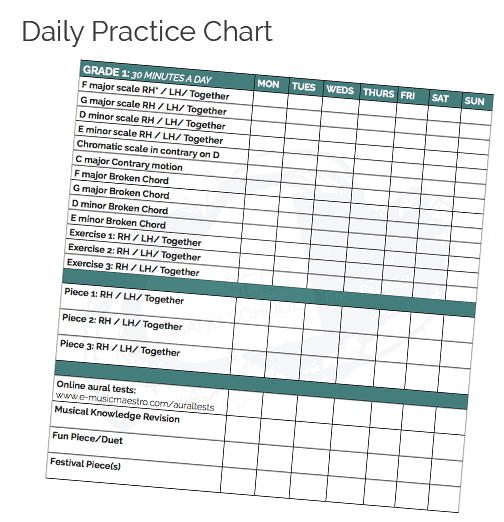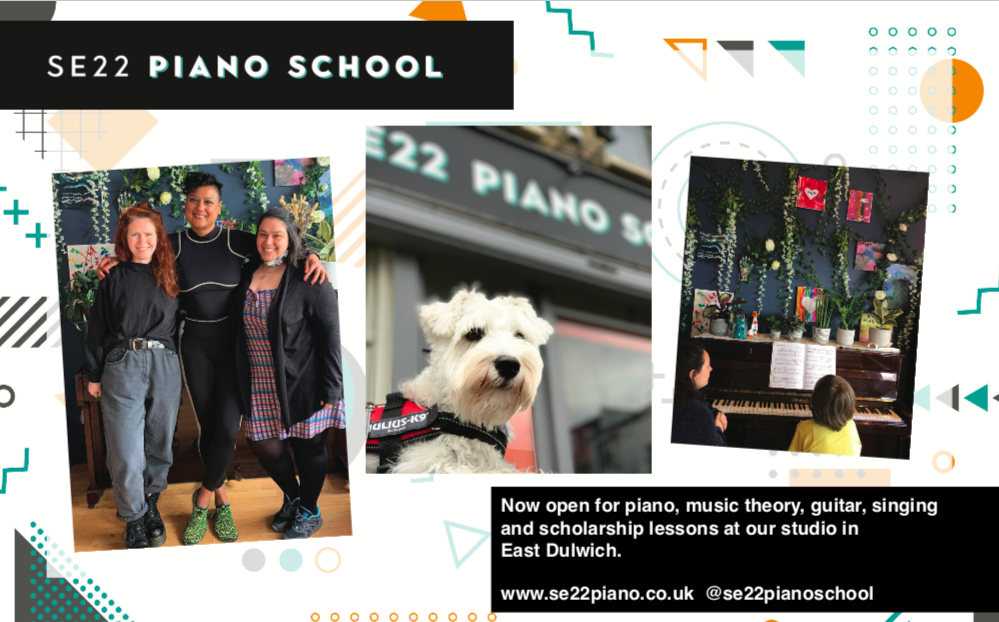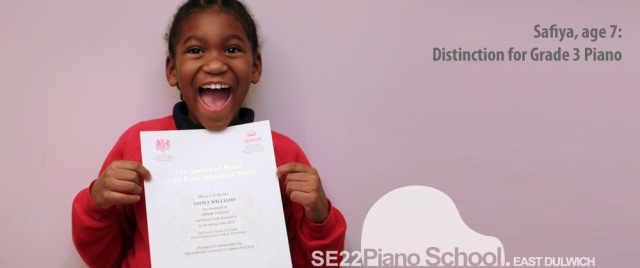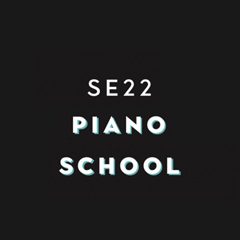How Long to Get to Grade 1? This is a question I am often asked and if you’d like to skip to the short answer, head straight to the end of the article!
If you are hoping to enter a local secondary school in the East Dulwich area on a Music Aptitude place or a Music Scholarship, you can read more about the process here: http://www.se22piano.co.uk/all-about-music-scholarships-in-south-london/
In this article, I will discuss the journey a pianist must take to be ready for Grade 1. I believe that it is the hardest grade to achieve as there is much to conquer before being ready to sit the exam. The exam is so much more than just learning the three pieces, scales and the supporting tests. It is about creating a well-rounded pianist with enthusiasm and interest for all things piano.
- Do you have enough time to practise daily?
A pianist that is able to practise daily will make the greatest progress week-on-week. By the time you are starting Grade 1, you will have a lot of material to cover and should be practising at least 20 minutes a day when you start Grade 1, increasing to 30 minutes after one term when you will have learned more of the requirements for the exam. Effective practising means that you are able to work with your teacher to identify the weak spots in your pieces/scales/supporting tests and isolate these, work on any errors, and return to your lesson the following week with an improved version of what you played last week. If your teacher has identified errors such as incorrect fingers/notes/rhythms/unsteady pulse etc. but your practising routine does not correct these, then you will be embedding these mistakes and they become harder to undo.
It is worth taking the time to learn new material slowly and thoroughly instead of rushing through things hastily and inaccurately. Do not expect to be able to play your pieces within a couple of weeks. Use the practice chart from the Trinity Exam Handbook to guide your daily practice. Remember it is not just your pieces to practise but scales, aural, sight-reading and musical knowledge. 20 minutes a day will need to increase to around 30 minutes a day once you have learned all requirements. Students unable to commit to daily practice will take longer to be ready to sit the exam.
- Listen to your pieces regularly.
Your teacher can record the pieces for you if you ask your parent to bring their phone to the lesson. Buy the exam book with the CD attached to it although you’ll be amazed how many students fail to even take the CD out to listen to it! Listening to your pieces regularly will make the tune more familiar to you which usually helps you learn the piece faster. - Perform at every opportunity.
We know how vital it is for young musicians to perform, even if they have only had a few lessons. We create events that are inclusive to beginner pianists. Performing helps build your confidence as it can be daunting to perform in public to an audience, but it gets easier each time you do it. Exam day often brings about a case of the nerves and pianists that have performed in public regularly will feel confident and in-control on exam day. Our pianists working towards graded exams perform regularly at our student recitals. Do ensure you sign up for all performance opportunities as this will help you breeze through with confidence on exam day. - Play Duets To Improve Rhythmic Skills
Whilst you only have to learn three pieces for your exam, the well-rounded pianist will have a far larger range of repertoire under their belt. We encourage all students to play duets with their teacher as this is a fantastic way to help you learn to play in time and keep a steady beat. This is absolutely vital for exam day as the examiner will be listening keenly for a steady pulse in your pieces, sight-reading and scales. In addition to learning exam pieces, your sight-reading skills can be developed by learning easy, short pieces alongside your three exam pieces. Whether or not you choose to do sight-reading in the earlier grades, you will still need to develop this skill as it will be tested in the higher grades. The ability to sight-read is a core skill to learning any instrument. - Learn your music theory.
Understanding music theory and how it applies to your exam work will help you with learning the pieces, scales and supporting tests as these all expect a good understanding of key signatures, intervals, dynamics and other basic theory concepts. The Musical Knowledge section of the exam will give you the opportunity to speak to the examiner and demonstrate your knowledge of your pieces. Working through the theory grades alongside your piano exam is always a good idea. We recommend the theory work books by Ying Ying Ng. - Know your notes!
The basics of note-reading must be firmly in place before we start working on the Trinity Initial Pre-Grade 1 Piano Exam. Students that are struggling to read both clefs on the piano will make much slower progress in preparation for the Trinity Initial exam. Pianists that cannot proficiently read music will be encouraged to learn lots of repertoire and work on note-reading fluency before starting the Grade 1 exam. The demands of the Grade 1 pieces will mean that it would be very difficult to make progress with the pieces without having a good level of note-reading fluency and recall. - Trinity Initial Pre-Grade 1 exam
We use a fantastic pre-grade 1 exam called Trinity Initial Piano that is the exact same format as the Grade 1 exam. The use of the exam allows the student to have a gentle introduction to the graded exam system. It also gives the teacher a good indication of how much preparation and progress is made each week in preparing for the goal of an exam. Some students that struggle to prepare for the pre-Grade 1 exam may prefer a less structured approach to lessons as the Graded exam system does require a good degree of focus, discipline and commitment.
Now that you have some idea of the requirements of the graded piano exam, then the question of “how long to get to Grade 1” will vary hugely from one pianist to another. A keen beginner around age 8 that is well-prepared for the lesson each week and has a good sense of confidence with performing in public could aim for Trinity Initial within the first 18 months, and then Grade 1 another 12-18 months after that depending on the amount of time they can devote to daily practice. The recommended amount of daily practice for Grade 1 is 30 minutes. Have a look above to download the Handbook with the practice charts to guide your daily practice and enable your teacher and parents to monitor your practice.
Younger beginner pianists aged 5 to 7 may take longer to grasp the basics of piano playing so it is often 2 years till Initial Piano is started, and then usually another 12 – 18 months until the exam is taken.
Taking exams is completely optional and some students will prefer not to follow this system which is absolutely fine!
If you would like to start piano lessons at the SE22 Piano School in East Dulwich then check out our Vacancies. We also teach singing, violin, guitar and harpsichord.



